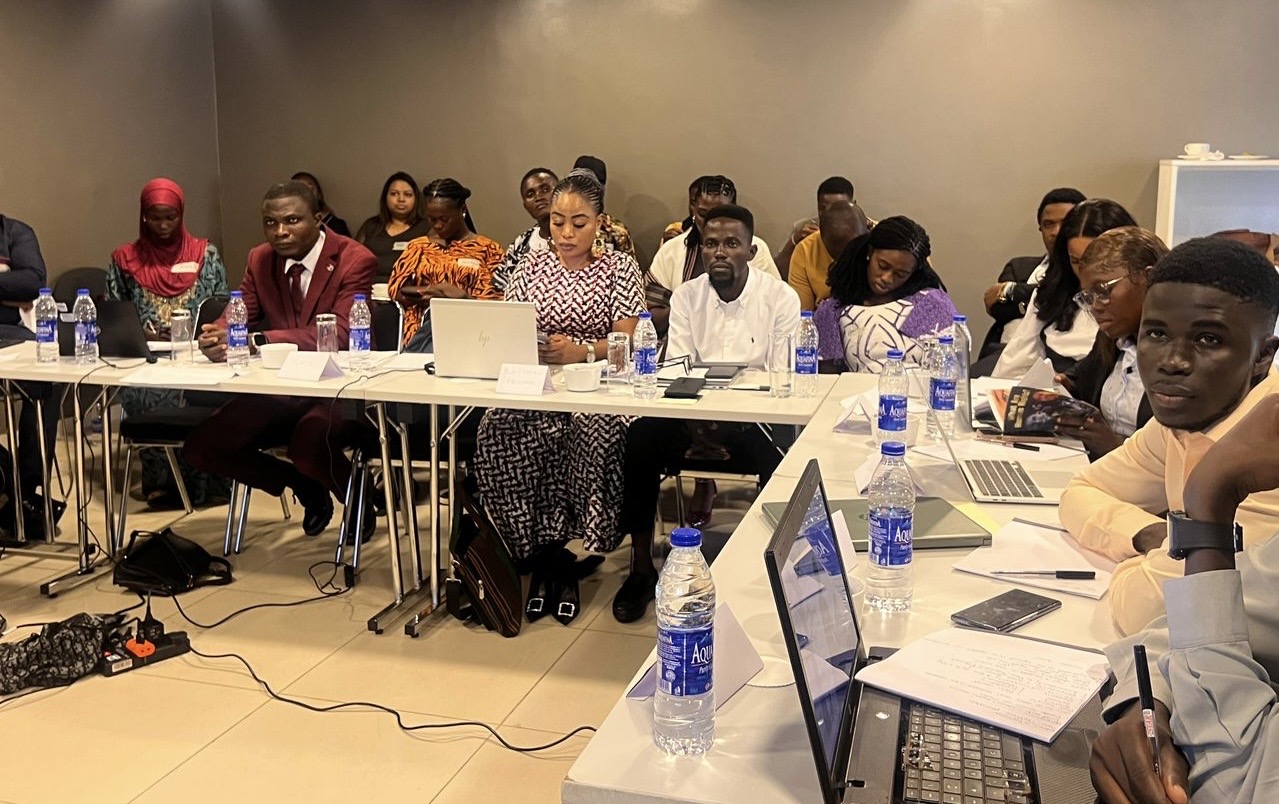West African journalists urged to embrace human-centred health reporting
By Abujah Racheal
Journalists across West Africa have been urged to move beyond event-based reporting on HIV, tuberculosis (TB), and malaria, and adopt ethical, people-centred journalism that emphasise the human rights dimensions of these diseases.
Speaking at a training session on Monday in Lagos, organised under the Breaking Down Barriers initiative by the Thomson Reuters Foundation, Mr Sam Eferaro, Publisher of Nigeria Health Online (NHO), reflected on the progress of health journalism.
He also highlighted the challenges that still lied ahead, particularly the need for more ethical, people-centred reporting on diseases like HIV, TB, and malaria.
The News Agency of Nigeria (NAN) reports that the session reviewed a 2006 research study by the International Federation of Journalists.
The study analysed media coverage of HIV, TB, and malaria in six countries: Nigeria, South Africa, Zambia, India, Indonesia, and Cambodia.
Eferaro noted that while notable progress had been made, particularly in Nigeria, more effort was needed.
“We’ve moved away from using stigmatising language like ‘AIDS victim’ or ‘HIV patient.’
“Today, people living with HIV are seen as people.
“They marry, they raise children, and some facilities have even recorded zero mother-to-child transmission in recent years,” he said.
In spite of the advances, he acknowledged that media coverage remained predominantly event-driven, often focused on press conferences, donor activities, or official statements, rather than in-depth investigations or human-interest stories.
He cited a missed opportunity in the coverage of a health logistics crisis in Ghana.
“You quoted just one source who said there was a shortage of HIV commodities.
“But you didn’t go to the port, and you didn’t verify whether the drugs or reagents were stuck. That’s lazy reporting.
“We must go beyond the ‘a source said’ model and dig deeper,” he emphasised.Eferaro also highlighted factors that undermined the quality of health reporting, including donor fatigue, shifting media priorities, and inadequate remuneration for journalists.
“Nigerian journalists, in particular, are at the bottom when it comes to salaries. Some earn less than five dollars per story.
“That economic pressure affects the quality and consistency of health reporting,” he noted.
Eferaro urged reporters to consider the dignity and consent of those featured in their stories, particularly vulnerable individuals.
“That woman who lost her two children due to poor hospital access, I had to ask myself, ‘Would I do this to my sister?’ So I used a fictitious name to protect her privacy.
“It’s not enough to be accurate. You must be humane,” he said.
Eferaro also expressed concern about the consistent neglect of malaria by the media.
“Malaria is our ailment. We don’t need research to see it. Yet it’s often ignored unless it’s World Malaria Day.
“We must do more to report on it consistently,” he said.
He also described TB as a largely hidden epidemic, with many undiagnosed cases in rural communities.
“Eradication is impossible without finding cases. People have been coughing in villages for years without a diagnosis.
“Journalists must help amplify the need for community screening,” he urged.
Eferaro lauded the Nigerian Institute of Medical Research (NIMR) as a model institution where journalists could engage directly with scientists and patients to gain a deeper understanding of TB and other diseases.
“We’re not just reporting diseases. We’re reporting human lives.
“Let us be bold, be present, and above all, be compassionate. Only then can journalism truly help end TB, HIV, and malaria.”(NAN)
Edited by Abiemwense Moru




